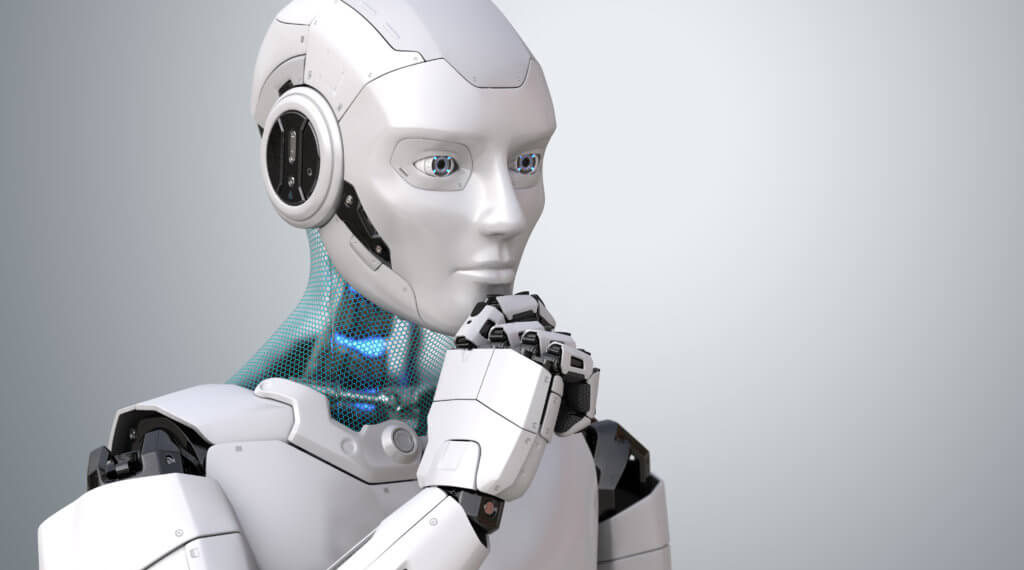EVERETT, Wash. — When it comes to robots, a new study finds the future really is female. A Washington State University researcher has found that people respond better to robots which have “female” characteristics instead of male ones.
In a survey of 170 people, participants reported being more comfortable interacting with female robots in a customer service setting like a hotel. Study author Soobin Seo says this is an increasingly relevant topic, as more and more businesses consider replacing human workers with automated services and artificial intelligence.
“People have a tendency to feel more comfort in being cared for by females because of existing gender stereotyping about service roles,” explains Seo, an assistant professor of hospitality management at WSU’s Carson Business College, in a university release. “That gender stereotype appears to transfer to robot interactions, and it is more amplified when the robots are more human like.”
Even before the coronavirus pandemic’s impact on the global economy, Seo notes that the hotel industry and other customer-facing businesses were having trouble hanging onto their employees. This is pushing some organizations to invest in robots which handle chores such as flipping burgers, washing dishes, cleaning hotel rooms, and even greeting or checking in guests.
People like ‘Sara’ more than ‘Alex’
During the new study, participants encountered four different scenarios involving an AI service robot at a hotel. In one situation, a male robot with a human-like face named “Alex” greeted participants. In another scenario, a human-like robot named “Sara” interacted with the group.
The other two scenarios involved more machine-like “male” and “female” robots which had a digital screen for a face instead of human features. Each person in the study rated their experiences while talking to these robots, describing how pleasant and satisfying the conversations were. Results show people have a noticeable preference for female, human-like robots than any other AI program.
Although the information may help businesses looking into automation, Seo says there are still concerns about using robots exclusively in the hospitality industry. For example, what happens if a robot breaks down or fails to provide good service? There are also instances where a customer may feel more comfortable talking with another person about a particular problem — like issues involving money or personal information.
Next, the WSU researcher is planning to look into how personality plays into this equation. That study will look at how people react to AI robots which are either extroverted and talkative or introverted and quiet.
“We may start to see more robots as replacements of human employees in hotels and restaurants in the future, so we may find that some of the psychological relationships that we see in human-to-human interaction also implemented in robot interactions,” Seo concludes.
The study is published in the International Journal of Hospitality Management.
Credit: Source link




















